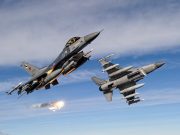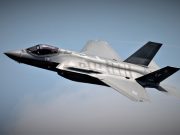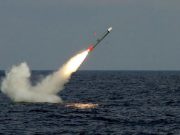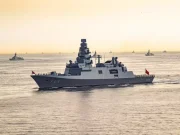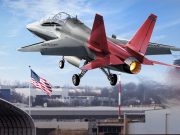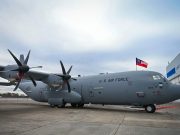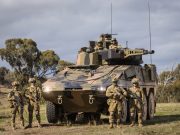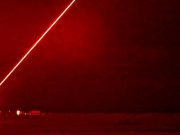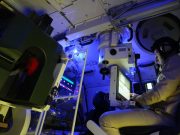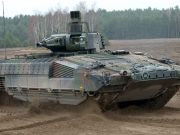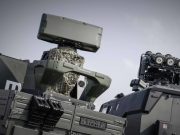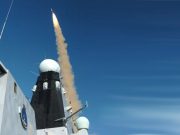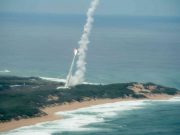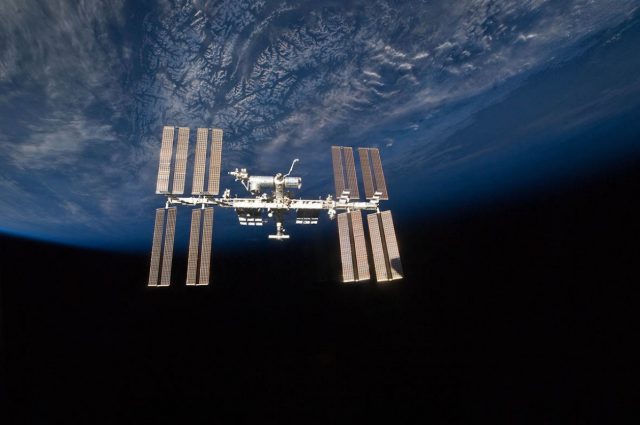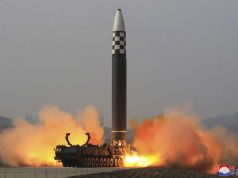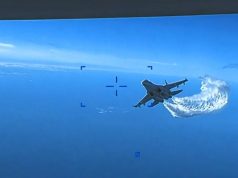Russia has tested an anti-satellite weapon that forced astronauts on the International Space Station to take cover, the US State Department confirmed on November 15.
Speaking to reporters, State Department spokesperson Ned Price said Russia had “recklessly” carried out a destructive satellite test of a direct ascent anti-satellite missile against one of its own satellites.
The test has so far generated over 1,500 pieces of trackable orbital debris and hundreds of thousands of pieces of smaller orbital debris that now threaten the interests of all nations, he added.
The test comes after the US Space Command first reported that Russia had tested both co-orbital ASAT – a space-based weapon system, and ground-based direct-ascent anti-satellite (DA-ASAT) missiles capable of destroying both commercial and military satellites in December last year.
According to reports, Russia destroyed its defunct Kosmos-1408 satellite in a maneuver that forced astronauts on the International Space Station to take cover to avoid the debris.
The US was not alone in condemning the test. UK Defence Secretary Ben Wallace said the destructive anti-satellite missile test by Russia “showed a complete disregard for the security, safety and sustainability of space.”
“The debris from this test will remain in orbit putting satellites and human spaceflight at risk for years to come,” he added.
“Russia’s dangerous and irresponsible behavior jeopardizes the long-term sustainability of outer space and clearly demonstrates that Russia’s claims of opposing the weaponization of space are disingenuous and hypocritical,” US State Department spokesman Price further said.
The US Space Command estimates that the debris will remain in orbit for years and potentially for decades, “posing a significant risk to the crew on the International Space Station and other human spaceflight activities, as well as multiple countries’ satellites.” The agency said it would monitor the trajectory of the debris and work to ensure all space-faring nations have the information necessary to safeguard their on-orbit activities if impacted by the debris cloud.
“Russia’s tests of direct-ascent anti-satellite weapons clearly demonstrate that Russia continues to pursue counterspace weapon systems that undermine strategic stability and pose a threat to all nations,” US Army Gen. James Dickinson, US Space Command commander, said.
It should be noted that Russia is not only country to conduct ASAT tests, with China and India undertaking similar maneuvers in 2007 and 2019. Both of those tests created debris that still remains in orbit.


